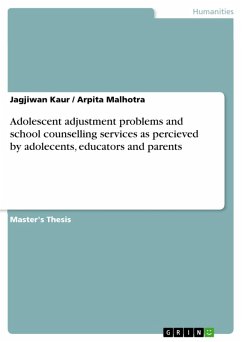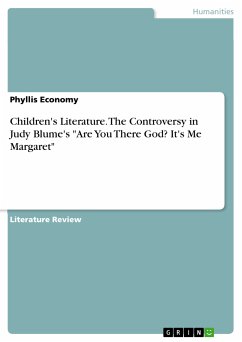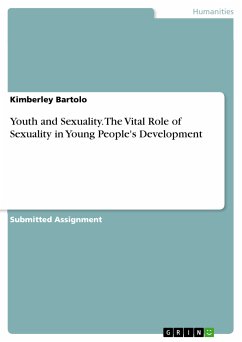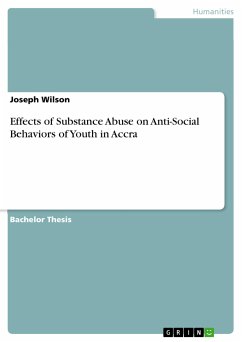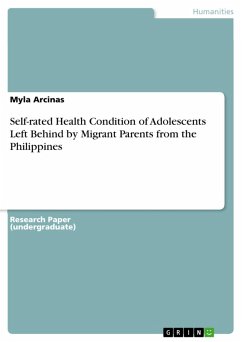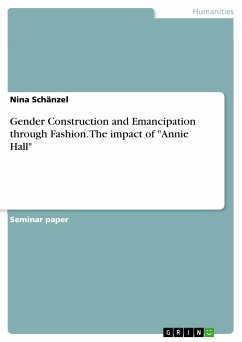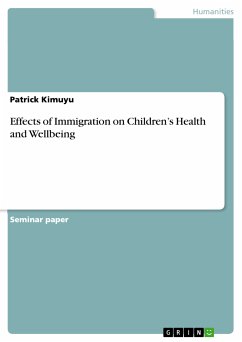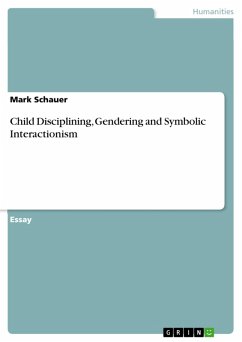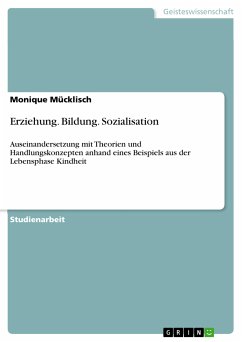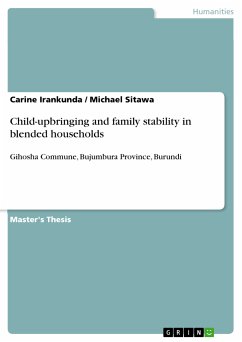
Child-upbringing and family stability in blended households (eBook, PDF)
Gihosha Commune, Bujumbura Province, Burundi
Versandkostenfrei!
Sofort per Download lieferbar
Statt: 42,95 €**
29,99 €
inkl. MwSt. und vom Verlag festgesetzt.
**Preis der gedruckten Ausgabe (Broschiertes Buch)
Alle Infos zum eBook verschenkenWeitere Ausgaben:

PAYBACK Punkte
0 °P sammeln!
Master's Thesis from the year 2018 in the subject Sociology - Children and Youth, , language: English, abstract: This work is about child-upbringing and family stability in blended households. Child-upbringing in blended households has the potential to be remarkably complicated compared to traditional families. Important factors contributing to this complexity in blended households is the conflicting emotions, challenges of acceptance, rejection, ambiguity of identity, and poor parent -child relationships. Therefore, there is a need to question whether family stability could be affected by the...
Master's Thesis from the year 2018 in the subject Sociology - Children and Youth, , language: English, abstract: This work is about child-upbringing and family stability in blended households. Child-upbringing in blended households has the potential to be remarkably complicated compared to traditional families. Important factors contributing to this complexity in blended households is the conflicting emotions, challenges of acceptance, rejection, ambiguity of identity, and poor parent -child relationships. Therefore, there is a need to question whether family stability could be affected by the way children are raised in blended households. For the purpose of answering whether child-upbringing impacts on family stability in blended households, the research was conducted as a qualitative study. The effects of child-upbringing on family stability were investigated by using interviews guides generated from research questions. Structured interviews were conducted by using video calling, audio recordings, as well as notes taking. The total sample size comprised of 40 respondents from parents and children living in blended households. The data was analyzed using content analysis, the information was organized into themes.
Dieser Download kann aus rechtlichen Gründen nur mit Rechnungsadresse in A, B, BG, CY, CZ, D, DK, EW, E, FIN, F, GR, HR, H, IRL, I, LT, L, LR, M, NL, PL, P, R, S, SLO, SK ausgeliefert werden.




